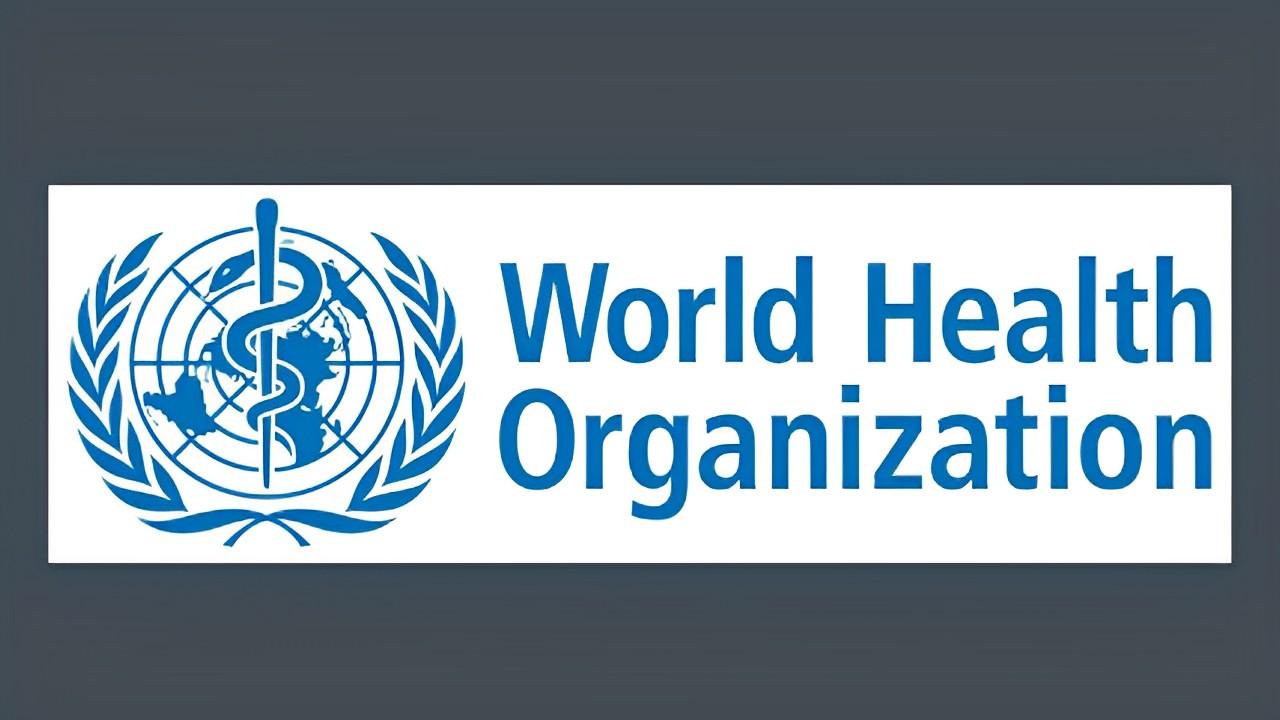World Health Organization (WHO)

The World Health Organization (WHO) is a specialized agency of the United Nations responsible for international public health. The organization was established in 1948 and is headquartered in Geneva, Switzerland.
The WHO’s primary objective is to promote the highest possible level of health for all people. The organization works towards achieving this goal through a range of activities, including research, setting health standards, providing technical assistance and support to countries, and developing policies and guidelines related to health.
The WHO is also responsible for coordinating responses to global health emergencies, such as outbreaks of infectious diseases, natural disasters, and humanitarian crises. The organization works closely with member countries, international partners, and other stakeholders to prevent and control the spread of disease and to promote access to essential health services.
The WHO’s work covers a broad range of health issues, including infectious diseases, non-communicable diseases, mental health, nutrition, and environmental health. The organization also plays a crucial role in advocating for health equity and addressing health disparities across the world.
Overall, the WHO is a vital global health organization, and its work is essential for promoting the health and well-being of people around the world.


